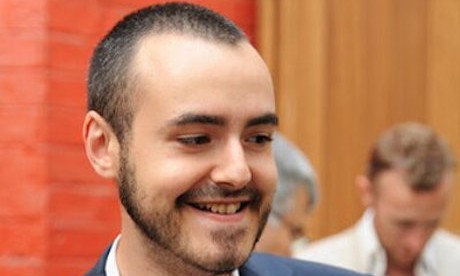Everybody is talking about the Pope’s new environmental encyclical, even though there isn’t much that’s unusual about it.
In fact, it’s a document so perfectly in line with usual Catholic teaching that the most illuminating piece of commentary on it I could find was perhaps this 2009 column by The New York Times’ Ross Douthat on his predecessor’s encyclical “Caritas in Veritate.”
But, then again, it’s that very usualness that makes it unusual, since Catholic teaching is, itself, so very different from the categories we usually ascribe to it.
The Pope’s encyclical is very much a Catholic vision of care for creation, which makes it stand out from either pop environmentalism (which sometimes veers too close to Gaia worship) or conservative indifference (or what looks like it) to care for the environment.
In line with a famous Biblical phrase, Catholic theologians and pastors over the years have emphasized the “seamless garment” of the Church’s teaching — that every piece of it is connected to the others so that they form a coherent whole, making it impossible to take out one piece without ruining the rest.
In contemporary politics, where we bracket things between left and right, “social issues” and “economic issues,” that is a sorely needed corrective.
Here’s an example of the seamless garment at work: In the encyclical, Pope Francis reiterates his and the Church’s opposition to abortion, birth control, and population control, and warns that concern for the environment must not be used as a pretext to support these policies.
Francis’ vision is of a “human ecology,” to reprise a phrase from Pope John Paul II. The Biblical vision is that man was created by God as the centerpiece of His creation, and as its caretaker and steward.
This means that man has a duty to care for creation and not destroy it, seeing it as a trust, not property. But it also means that caring for creation must not come at the cost of human dignity. Continue reading
- Pascal-Emmanuel Gobry is a writer and fellow at the Ethics and Public Policy Center in Washington D.C.
